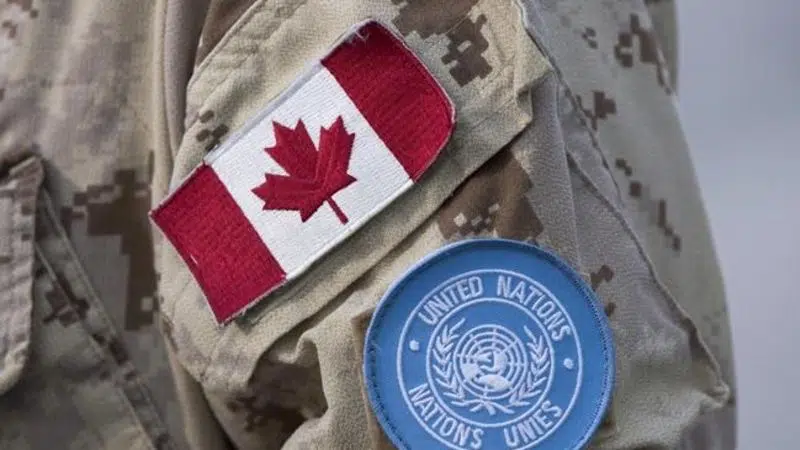
Canada looking at military engineers, on-the-ground training for peacekeeping
OTTAWA — Canada is exploring the possible deployment of military engineers as the newly re-elected Liberal government takes a fresh look at ways to step up its support for United Nations peacekeeping, says Defence Minister Harjit Sajjan.
The government is also looking at having Canadian military trainers join peacekeepers from other nations in the field to help them better do their jobs.
Both would be on top of commitments Canada has already made to the UN in recent years, though the minister cautioned talks between the two sides are still in the very early stages and no decisions have been made.
“This is not something we’re going to do by snapping a finger and getting it done,” Sajjan told The Canadian Press in a recent interview.


